| বাংলায় পড়ুন | Researchers and Reporters: Tanjil Fuad Isfaqul Kabir |
Mr. Sheikh Akij Uddin is among Bangladesh’s most prosperous businessmen. Very few people in Bangladesh do not know the name Akij. Using only honesty and hard work, he has demonstrated how to become a millionaire from nothing.
Childhood of Mr. Akij:
The birthplace of Sheikh Akij Uddin is Khulna. His parents only had one child. Despite his father’s belief that his kid would succeed, Akij Saheb did not attend school for very long. Therefore, his father placed him in business. In addition, he made use of his father’s shop. However, when Akij’s father scolded him one day, he became enraged and took the train to Kolkata. He was just eleven at the time. At the railway station in Sealdah, Thrifty Akij was passing his idle time.
Akij considered selling orange fruit that he had seen one day close to the station. Akij’s life as a fruit vendor started. By trading fruits, Akij was able to save three hundred taka. After moving to Peshawar, Pakistan, he was dissatisfied with the economic climate in Kolkata. Akij returned to Khulna with 8,000 taka in total capital after finishing the transaction in Peshawar
Beedi Production in Akij:
The specter of business continued to haunt him even after he moved to the country. He began making Beedis himself in 1952 as a result of his fascination with them. At first, he would prepare beedis and serve them to his friends. He was able to create beedis with a distinct flavor from the typical ones found in stores by doing this. He had three employees when he first started the Beedi business.
Mr. Akij’s success in business can be attributed in part to his ability to offer clients high-quality products at competitive pricing. He therefore kept 1 taka below the beedi’s market price.
Mr. Akij’s business growth strategy:
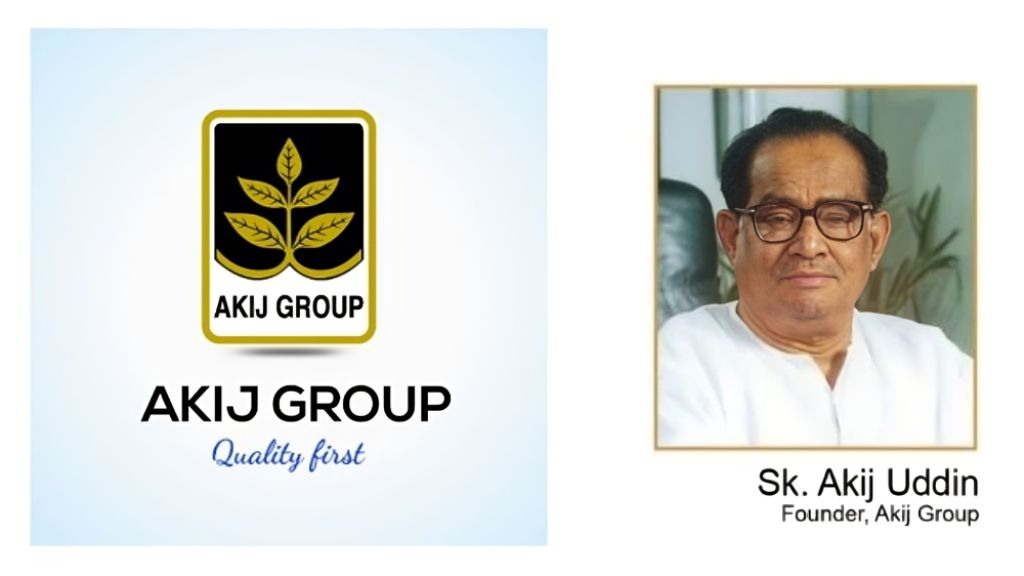
Mr. Akij’s unique story of how he expanded his business. | Photo: Collected.
The government permitted him to start making bidis in 1955. Akij started manufacturing beedi on an industrial scale in 1956, exactly one year later. In addition, he works in seasonal trades such as sole-boots, jute, and powder. Mr. Akij is given the project of supplying jute from Crescent Jute Mill since his words and actions align and his products are high-quality.
In the past, as in the present, traders relied on intermediaries to supply their goods. Another exception in this instance was Mr. Akij. He used baby taxis to transport his produce to stores.
The demand for his beedis was rising by the 1960s. Thus, in Khulna, he was able to buy five more baby taxis and twenty bighas of land. He consequently began providing Khulna and the neighboring districts with beedis.
Former caretaker government advisor Akbar Ali Khan explained Mr. Akij’s accomplishment by stating, “Sheikh Akij Uddin lived for 77 years.” For 68 years, he has operated his business. After three years of doing business with his father, he spent the next sixty-five years working alone. From a capital of 17 Taka, he has developed an industrial empire worth hundreds of crores of Taka by pursuing one enterprise after another.
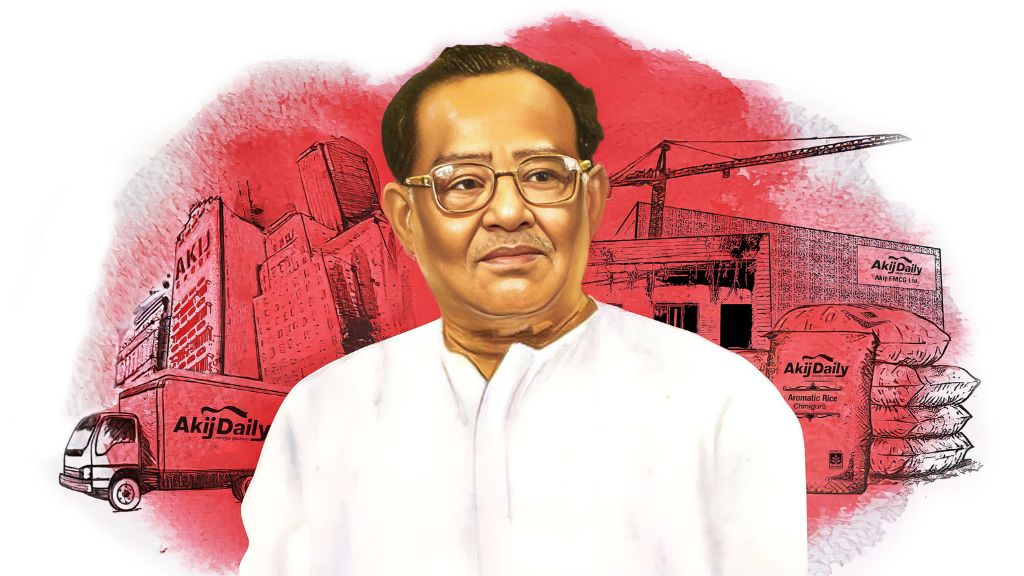
Akij Group’s popular initiative, Akij Daily. | Photo: Collected.
Following the 1971 war, Mr. Akij:
Following the war, the nation experienced a great deal of grief, and the cost of products also rose multiple times. At the same time, Akij Uddin sold his wheat goods and made about 15 lakh Taka in profit.
Although he has been providing Khulna and the surrounding areas with beedi up to this point, he now hopes to take over the Dhaka market. The beedi industry was once centered in Dhaka’s Armanitola. Among the traders there, Mr. Akij gave away his bidis for free.
In the Dhaka market at the time, Akij bidi was highly well-liked. However, Akij Bidi has a pleasant flavor and aroma, and it has been progressively gaining traction. Apart from that, Akij Bidi was the one who initially advertised Bidi on the radio in 1976. Additionally, he produced roughly 70 lakh bidis that year.
The leather industry piqued his curiosity. But because of his lack of expertise in this area, he sent his middle son to the UK to study leather technology.
Subsequently, Mr. Akij expanded his firm by purchasing businesses and engaging in successive auctions of various enterprises.
Also, he began making matches in the 1990s after noticing the enormous demand for them among Bidi purchasers. They used to have the most popular Dolphin brand of matches. He founded the Akij Jute Mill in 1992, the year he was named the second-largest exporter of jute.
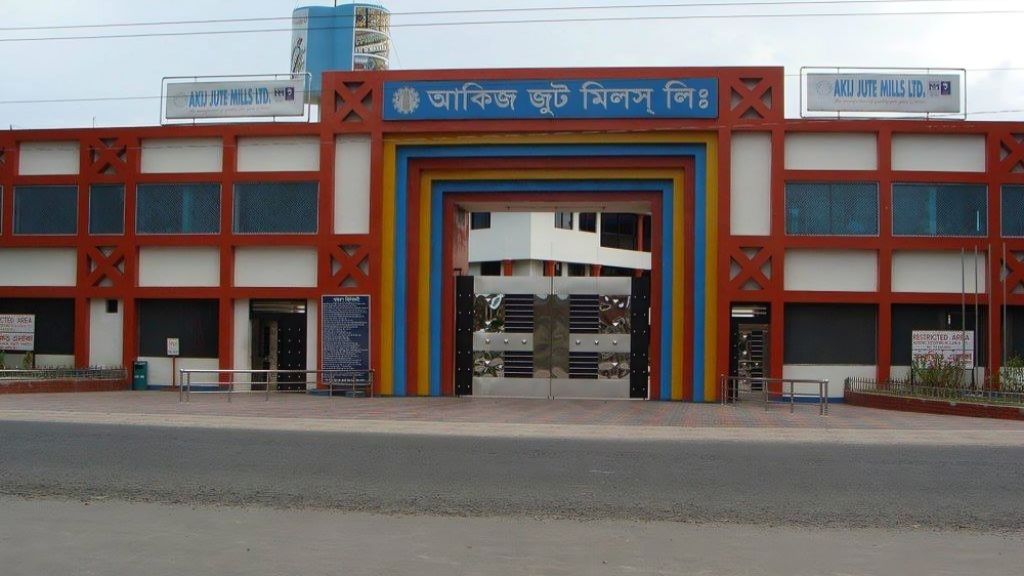
One of the prominent companies of Akij Group, Akij Jute Mills Ltd. | Photo: Collected.
His ‘trademark’ scooter is a significant and enigmatic aspect of Mr. Akij’s millionaire story. In his life, this scooty has come to represent a familiar and significant period. He cherished living a modest existence. He regarded himself as his wealth’s custodian. He consistently maintained a fictitious crisis inside the family.
Among many other industries, the Akij Group currently operates companies in the food, cement, textile, and ceramics sectors. Over 70,000 individuals have been employed by the different businesses he founded.

Brief introduction of various companies established by Akij Group. | Photo: Collected.
This Bangladeshi legend passed away on October 10, 2006. He was a generous person. In addition, he worked as a social worker for a long time. Many low-income families in the nation have been able to find work because of his assistance. Bangladesh will always remember what he did.



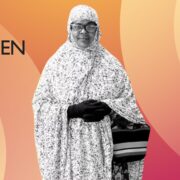









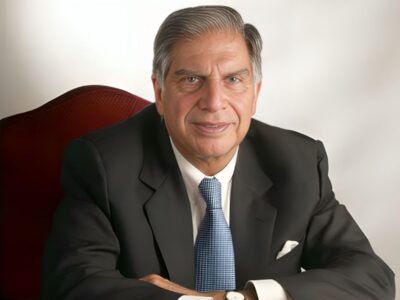















Comments